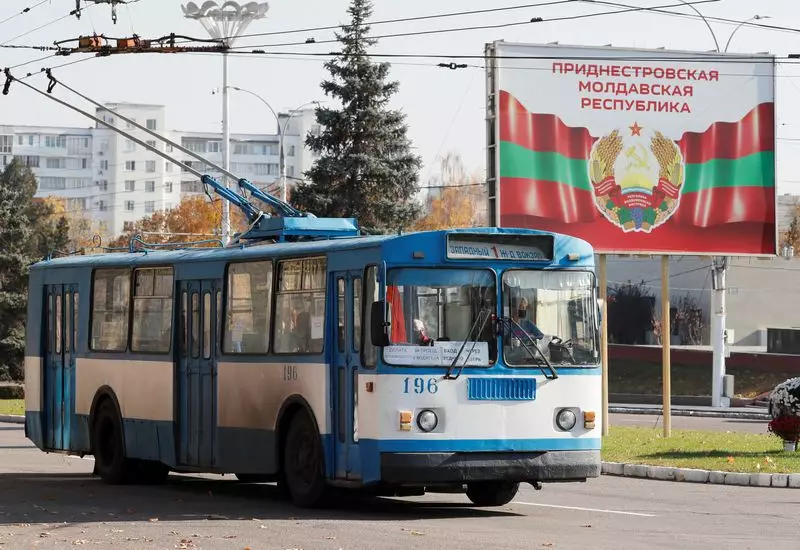The recent energy crisis in Transdniestria, a breakaway region of Moldova, has stemmed from the expiry of a gas transit contract between Ukraine and Russia. As Ukraine focused on severing ties with Moscow amid ongoing geopolitical tensions, it chose not to extend its contract for the transit of Russian gas. Consequently, on New Year’s Day, gas flows that had been critical for many regions in central and eastern Europe, including Transdniestria, were abruptly halted. This situation emphasizes the volatility surrounding energy supplies in Eastern Europe, particularly for regions that have relied on Russian energy exports.
Local authorities in Transdniestria reported that rolling blackouts commenced on Friday evening, affecting numerous districts. The self-declared president of Transdniestria, Vadim Krasnoselsky, acknowledged the necessity of these power cuts due to inadequate energy supplies as a result of the disruption of gas from Ukraine. With Russian-speaking citizens constituting a majority in this region, the challenges posed by these cuts are magnified. Notably, Transdniestria has relied on these gas supplies for electricity generation, as evidenced by the operational power plant in the enclave that serves not only its citizens but also provides energy at fixed rates to the Moldovan government territories.
The Moldovan Prime Minister, Dorin Recean, has voiced concerns regarding a looming energy security crisis driven by the blackouts in Transdniestria. He underscored that the government has formulated emergency plans, integrating domestic production capabilities with electricity imports from Romania as a potential solution to alleviate the difficulties arising from the power cuts. However, the government’s preparedness may still be put to the test given the unpredictability of the situation and its potential escalation.
Krasnoselsky indicated that while Transdniestria possesses some gas reserves, these would only suffice for limited usage in the short term, prompting unanswered questions on future supply strategies post-reserve depletion. The unavailability of Russian gas is critical not only for Transdniestria but for Moldova at large since a significant portion of its electricity supply is derived through the enclave. This arrangement places Moldova in a difficult predicament, balancing its dependence on Transdniestrian energy production while navigating the complexities of international relations and supply chain disruptions.
The energy crisis has broader implications that stretch beyond Estern Europe, touching upon the intricate geopolitical landscape that characterizes the region. Moldova’s reliance on energy imports, both from Romania and potentially circumventing Ukraine, underscores its precarious position amidst a landscape marked by historical tensions with Russia. Gazprom has recently claimed that it could supply gas directly to Moldova and Transdniestria, yet these decisions appear to be politically charged rather than purely economic.
The energy crisis faced by Transdniestria is indicative of the shifting power dynamics in Eastern Europe. As local leaders grapple with immediate energy shortages and potential long-term plans for sustainability, it is clear that the ramifications of energy dependency will continue to shape regional politics and security concerns. The precarious balance between sourcing energy and maintaining sovereignty remains a defining challenge for Moldova and its neighboring territories in the foreseeable future.

